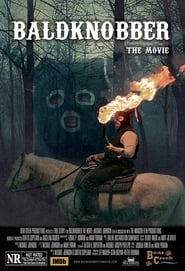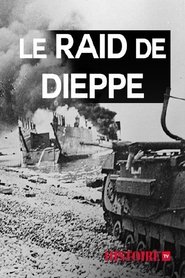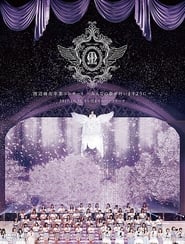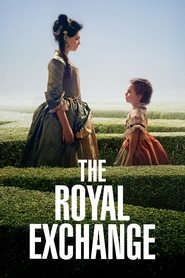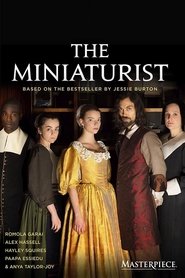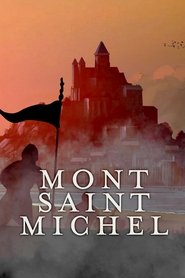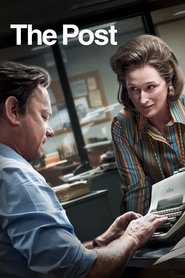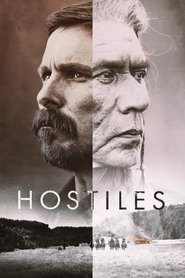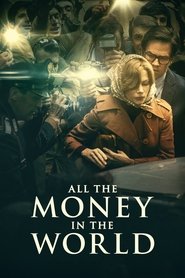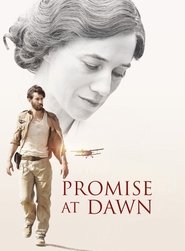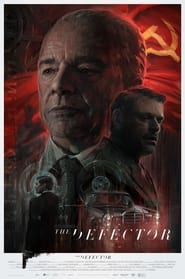New History Movies on Pantaflix - Page 297
-
Bald Knobber
2017
Bald Knobber
2017
This true story is about the 1880s vigilante group that terrorized Taney County Missouri. -
Tim Vine Travels Through Time Christmas Special
2017
star 6To recover a silver lion ornament for singer Emma Bunton Tim travels back to the court of Henry Vlll where Anne Boleyn (Emma again) asks jester Tim to send invitations to the guests for her Christmas party. However Cardinal Wolsey aims to steal them so that they will come to his own party and Tim must thwart him. -
Le raid de Dieppe
2017
Le raid de Dieppe
2017
-
Mayu Watanabe Graduation Concert ~may all your dream come true~
2017
star 7"Watanabe Mayu Graduation Concert ~Minna no Yume ga Kanaimasu you ni~" (渡辺麻友卒業コンサート~みんなの夢が叶いますように~) is Watanabe Mayu's graduation concert. The concert was held at Saitama Super Arena on October 31, 2017. the DVD released on December 27 2017. Mayu Watanabe is AKB48 third generation ace which is so popular among Japanese people, many describe her as an ortodox idol. -
The Royal Exchange
2017
The Royal Exchange
2017
star 6.3After many years of confrontation, the treasures of Spain and France are empty. In 1721, the regent of France draws up an ambitious plan to inaugurate an era of peace and prosperity that will heal the economies of both nations: his intention is to build a solid network of marriage alliances that will involve four children of very different ages who know nothing of betrayals and power games… -
1987: When the Day Comes
2017
star 8.1In January 1987, a 22-year-old college student dies during a police interrogation. Under the orders of Director Park, the police request the body to be cremated in order to destroy evidence. Public Prosecutor Choi, who was on duty on the day of the incident, denies the request and calls for an autopsy. The police maintain the lie that the death was a simple accident, resulting from shock. The autopsy results, however, point to torture as the cause of death. Yoon, a journalist following the case, reports that the death was a result of asphyxiation during torture. Director Park attempts to conceal the truth by ending the case, arresting two detectives including inspector Cho. While in prison, inspector Cho reveals the truth to prison guard Han Byung-yong, who embarks on a dangerous mission to relay the information to an opposition politician through his niece, Yeon-hee. -
The Miniaturist
2017
The Miniaturist
2017
star 7.2A woman moves to live with her new husband in 17th century Amsterdam, but soon discovers that not everything is what it seems. -
When Calls The Heart: The Christmas Wishing Tree
2017
star 6Hope Valley is buzzing from the introduction of the Wishing Tree, with all the townspeople eagerly placing their wishes on its branches in the hopes they will be granted. Elizabeth wishes for Jack's return. Meanwhile, Abigail spearheads the town's first Christmas parade, featuring an energetic band, led by Bill. Abigail's newly adopted son, Cody, tries to make their first Christmas together special, connecting her past with their future. Rosemary and Lee discover the importance of Christmas traditions and treasured memories. Meanwhile, Doctor Carson Shepherd exhibits faith and resilience in trying to heal and inspire a guarded woman who has given up on the spirit of Christmas. Also, disgraced former mayor, Henry Gowen, gets a second chance at redemption. -
Verão-da-Lata na Era Paleozoica
2017
star 10The story of the summer in which 22 tonnes of weed were floating upon the waves of Brazilian seas, magically compressed in 15,000 shiny metal cans. Based on one of the most famous episodes in the history of Brazilian Cannabis culture. -
The Portrait
2017
The Portrait
2017
star 7A musical tale about two impoverished sisters' anguish over whether or not to sell the final masterpiece of their recluse father days before the second world war, in Manila. -
95
2017
95
2017
star 4.5Set in the final weekend of the year 1995 Ice Hockey World Championships, 95 tells through overlapping stories why Finland became a ice hockey world champion and how it affected the whole nation. -
Mont Saint-Michel: The Enigmatic Labyrinth
2017
star 7.3Over the centuries, Mont Saint-Michel, an extraordinary island located in the delta of the Couesnon River, in Normandy, France, a place floating between the sea and the sky, has been a sanctuary, an abbey, a fortress and a prison. But how was this architectural wonder built? -
The Post
2017
The Post
2017
star 7A cover-up that spanned four U.S. Presidents pushed the country's first female newspaper publisher and a hard-driving editor to join an unprecedented battle between journalist and government. Inspired by true events. -
Hostiles
2017
Hostiles
2017
star 6.9A legendary Native American-hating Army captain nearing retirement in 1892 is given one last assignment: to escort a Cheyenne chief and his family through dangerous territory back to his Montana reservation. -
All the Money in the World
2017
star 6.5The story of the kidnapping of 16-year-old John Paul Getty III and the desperate attempt by his devoted mother to convince his billionaire grandfather Jean Paul Getty to pay the ransom. -
Promise at Dawn
2017
Promise at Dawn
2017
star 7.2From his childhood in Poland to his adolescence in Nice to his years as a student in Paris and his tough training as a pilot during World War II, this tragi-comedy tells the romantic story of Romain Gary, one of the most famous French novelists and sole writer to have won the Goncourt Prize for French literature two times. -
The Defector
2017
The Defector
2017
star 71967, the height of the Red Scare. Australian Prime Minister Harold Holt is embroiled in a power struggle after discovering his spymaster has illegally investigated and exposed Red sympathisers embedded within Holt's administration. -
Der Reichstag
2017
Der Reichstag
2017
star 8Docudrama telling the story of a building with a breath taking career that began in the empire, flourished in the Weimar Republic, perished in the Nazi dictatorship, and was rebuilt after its partial destruction.
 Netflix
Netflix
 Amazon Prime Video
Amazon Prime Video
 Apple iTunes
Apple iTunes
 Apple TV Plus
Apple TV Plus
 Disney Plus
Disney Plus
 Google Play Movies
Google Play Movies
 Paramount Plus
Paramount Plus
 Hulu
Hulu
 HBO Max
HBO Max
 YouTube
YouTube
 fuboTV
fuboTV
 Peacock
Peacock
 Peacock Premium
Peacock Premium
 Amazon Video
Amazon Video
 The Roku Channel
The Roku Channel
 AMC+
AMC+
 Kocowa
Kocowa
 Hoopla
Hoopla
 The CW
The CW
 Vudu
Vudu
 Starz
Starz
 Showtime
Showtime
 PBS
PBS
 Pantaflix
Pantaflix
 FXNow
FXNow
 Tubi TV
Tubi TV
 Kanopy
Kanopy
 Comedy Central
Comedy Central
 Crunchyroll
Crunchyroll
 Microsoft Store
Microsoft Store
 Redbox
Redbox
 Sun Nxt
Sun Nxt
 ABC
ABC
 DIRECTV
DIRECTV
 Crackle
Crackle
 Fandor
Fandor
 Plex
Plex
